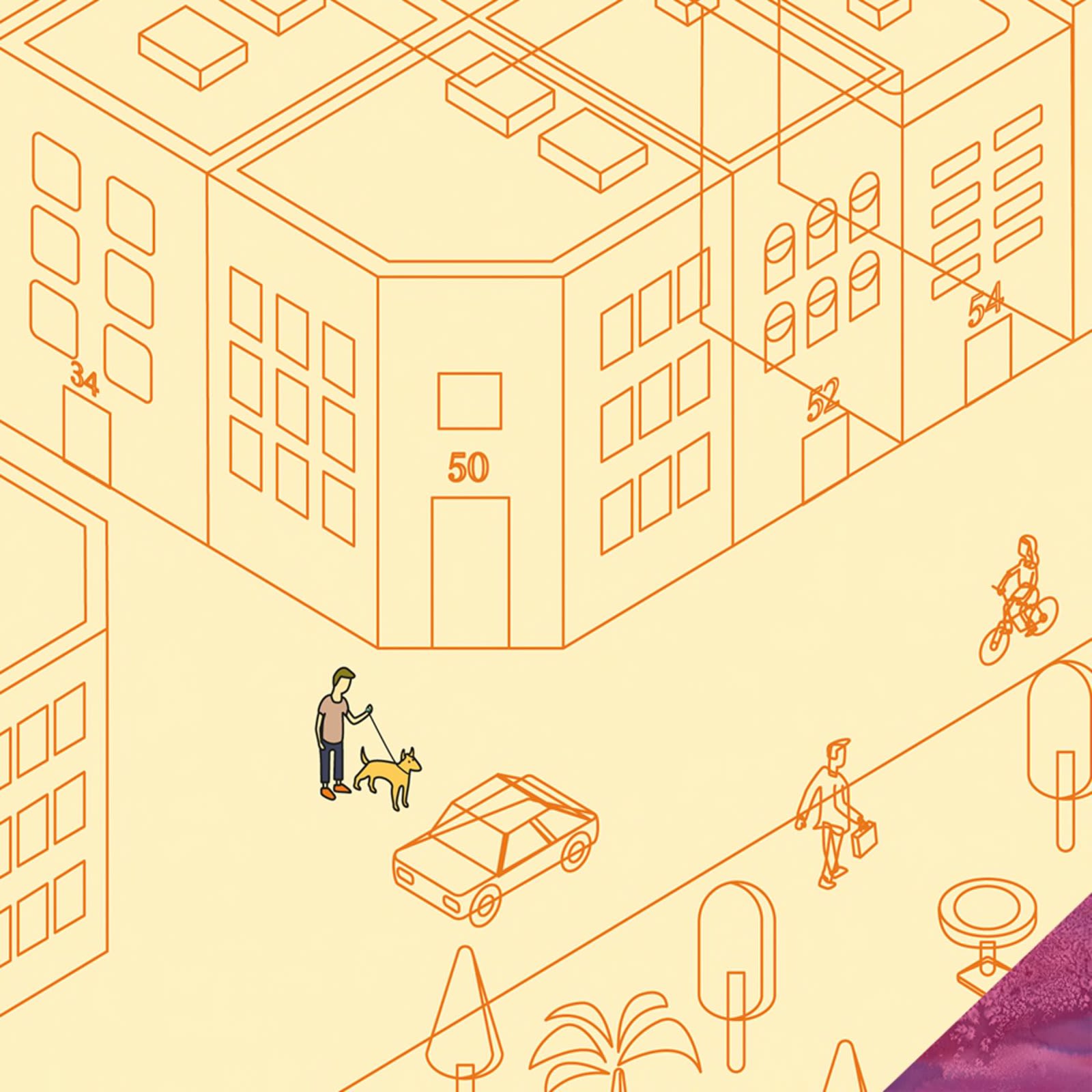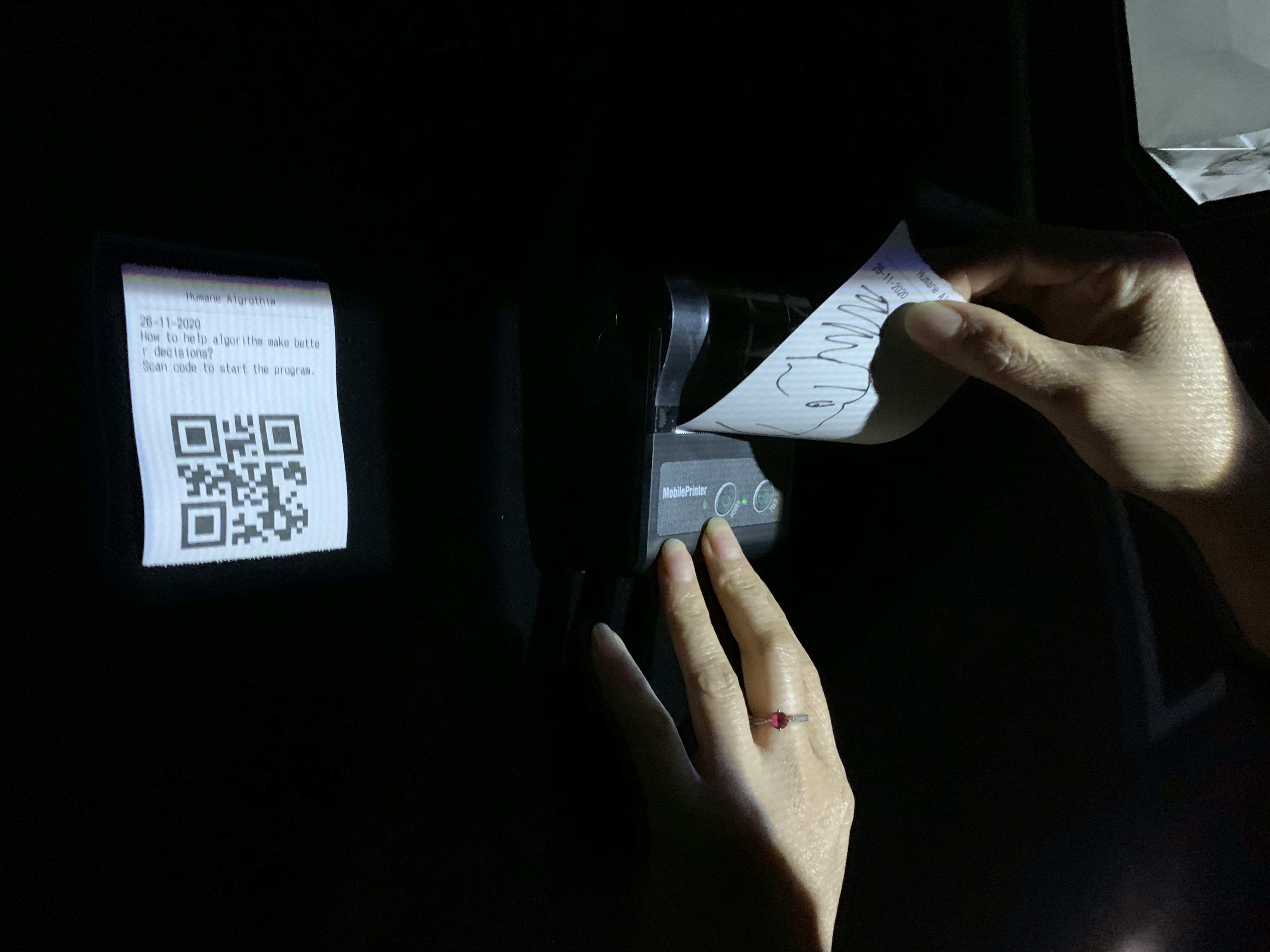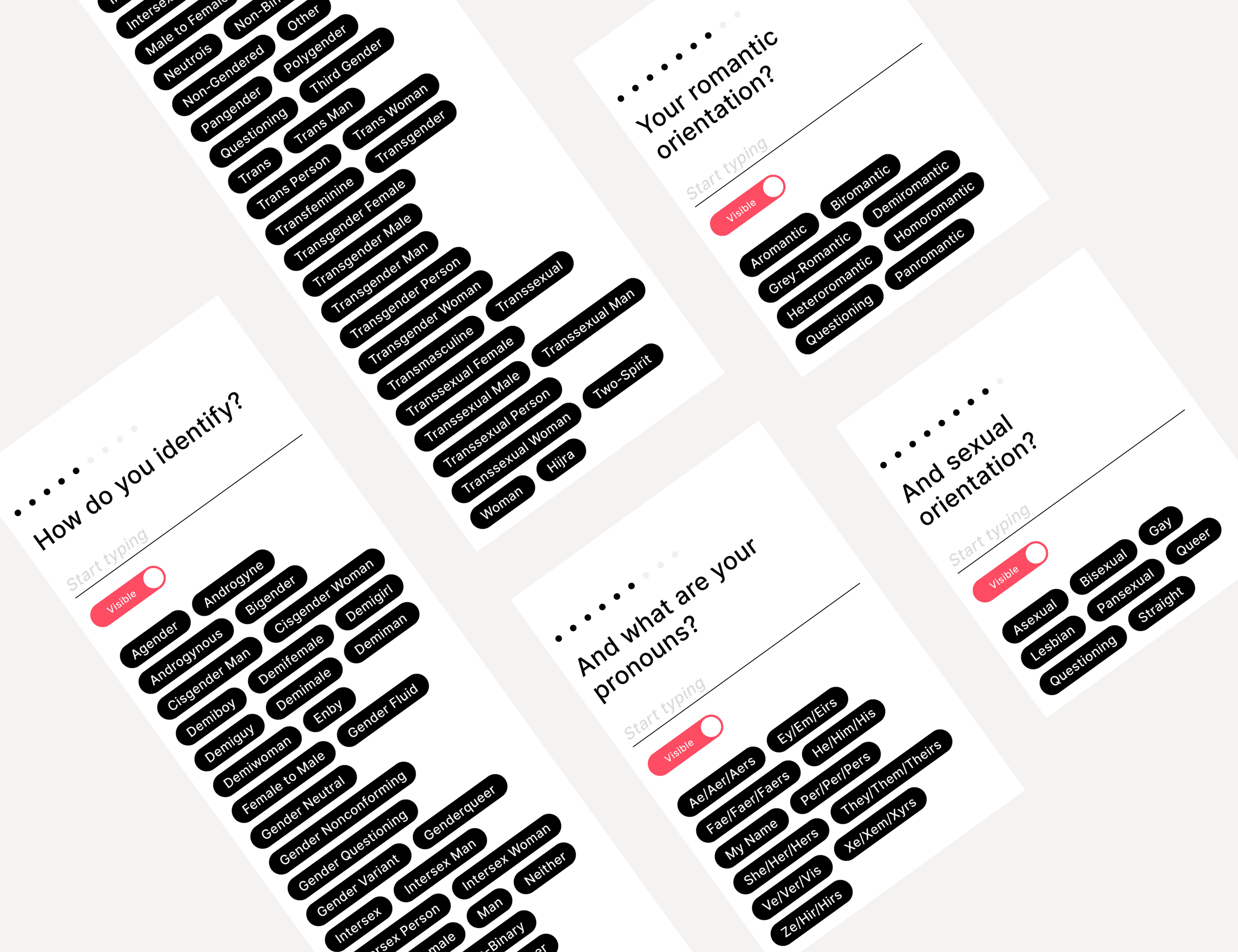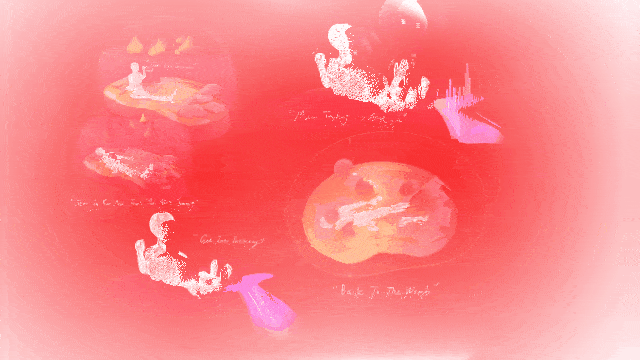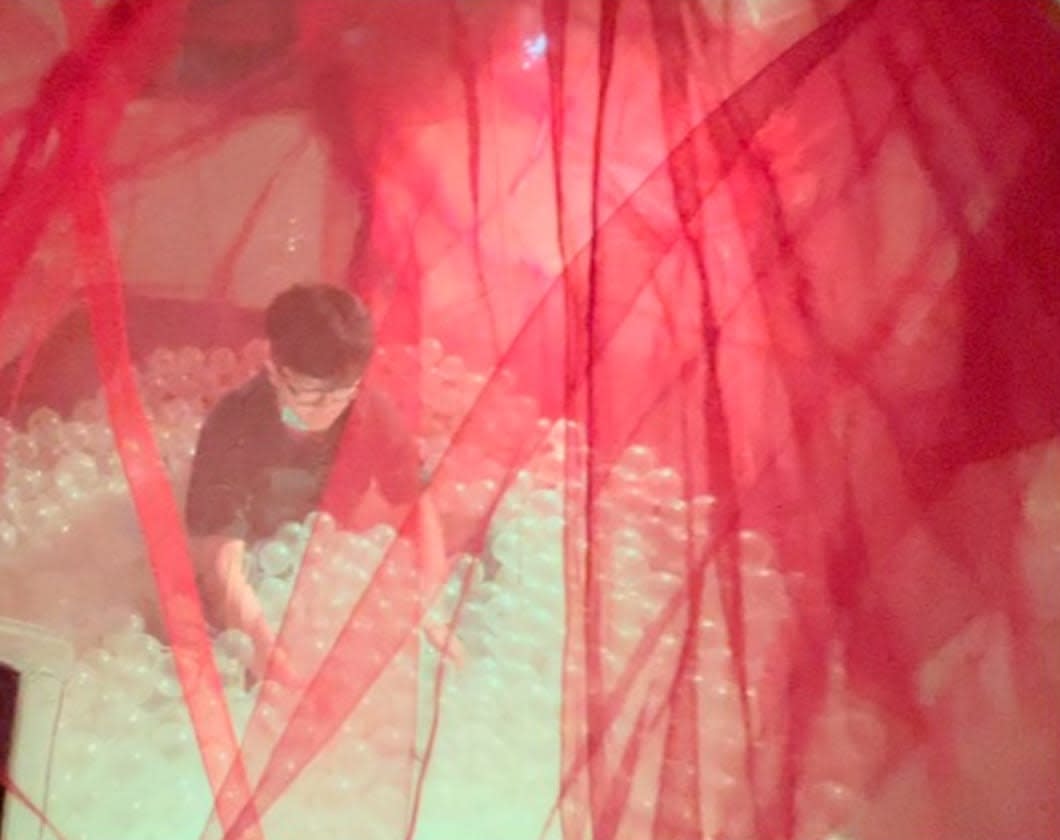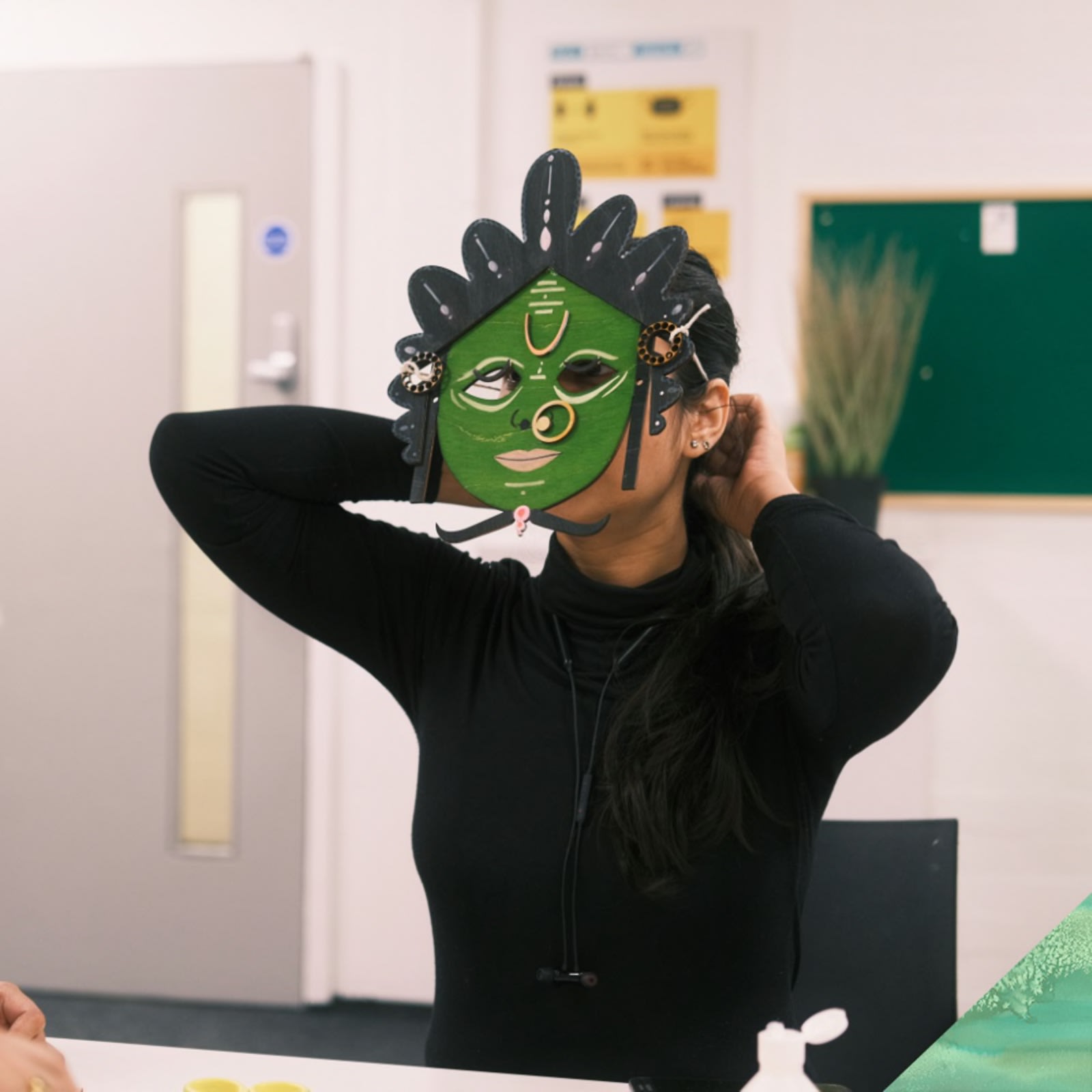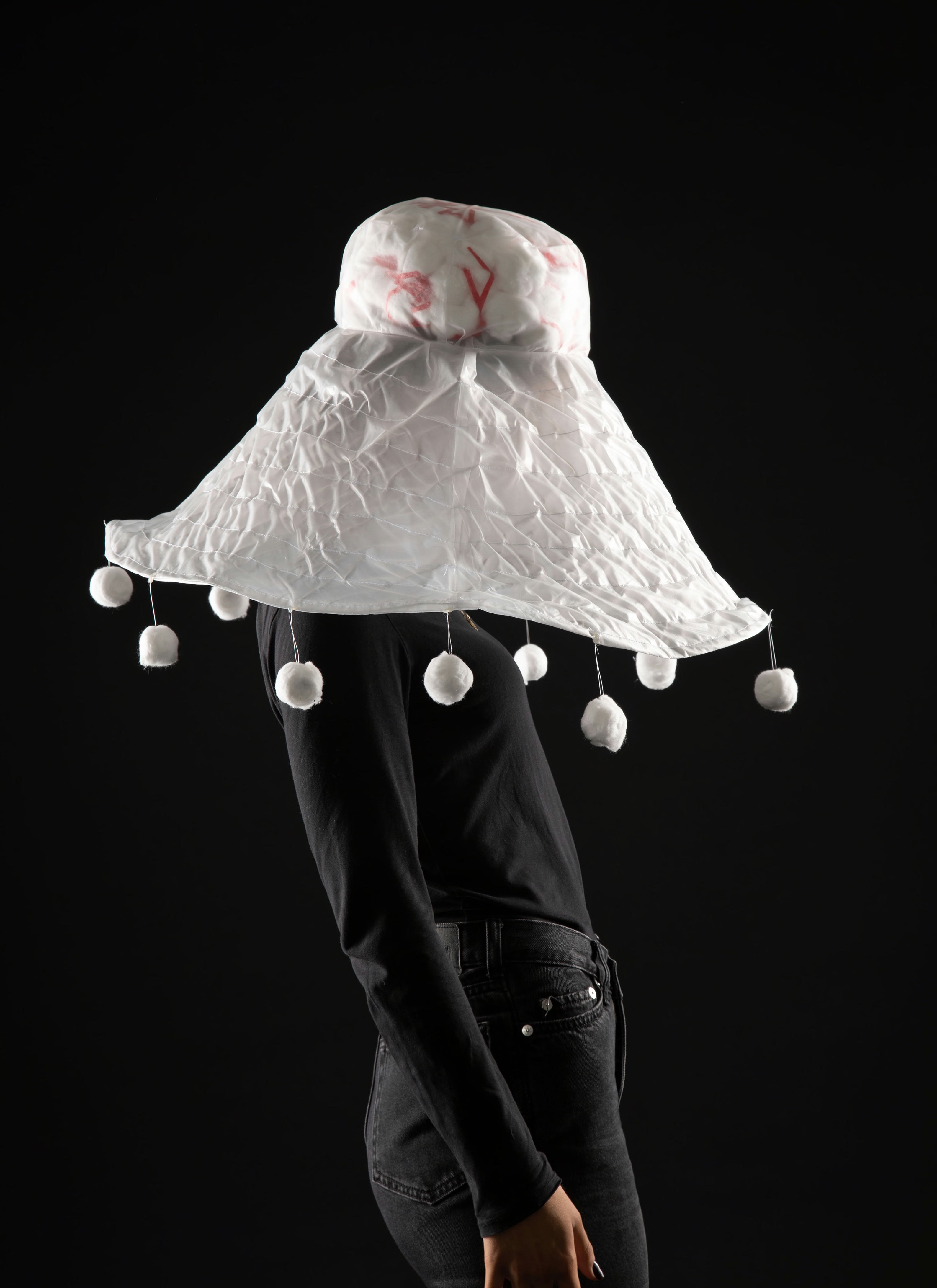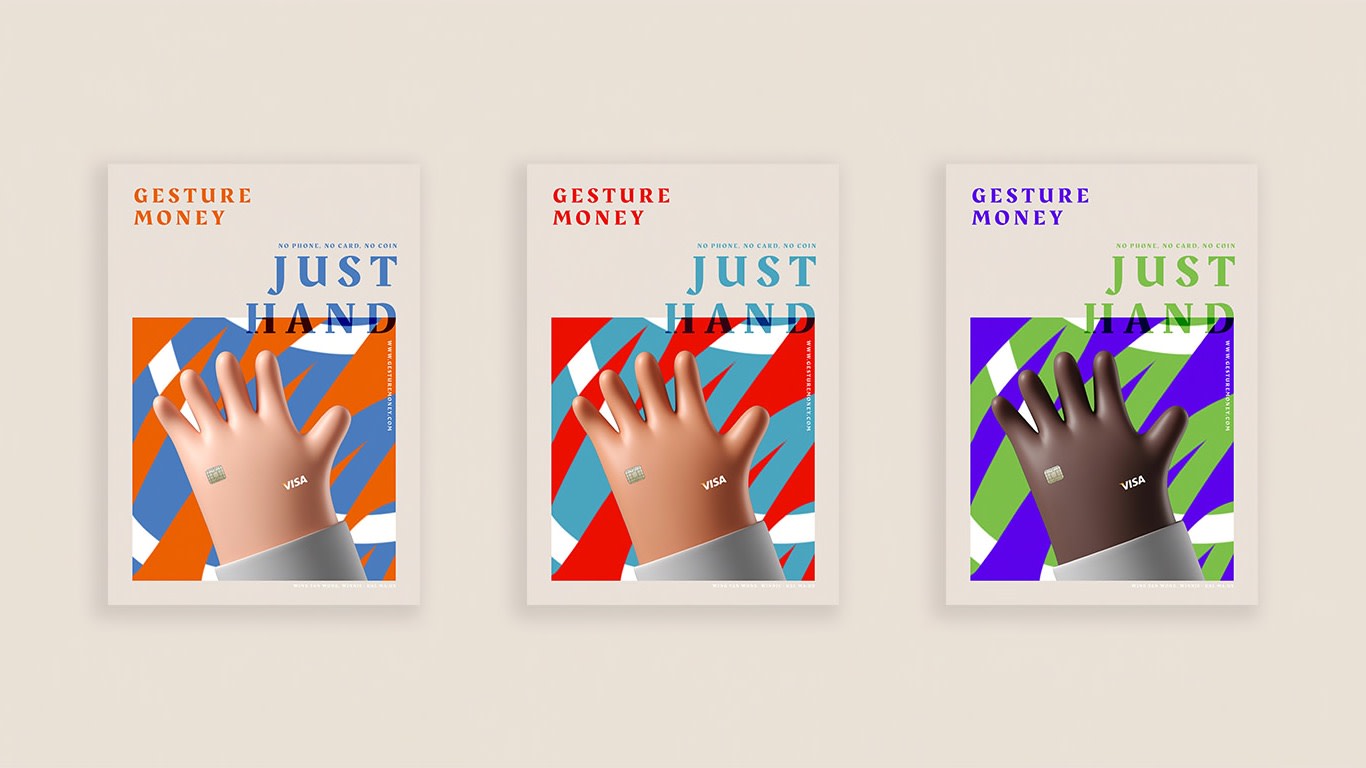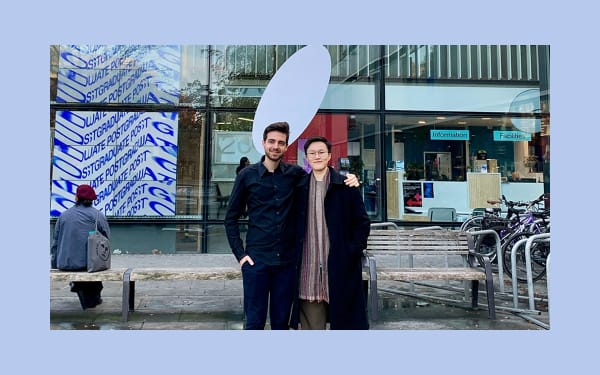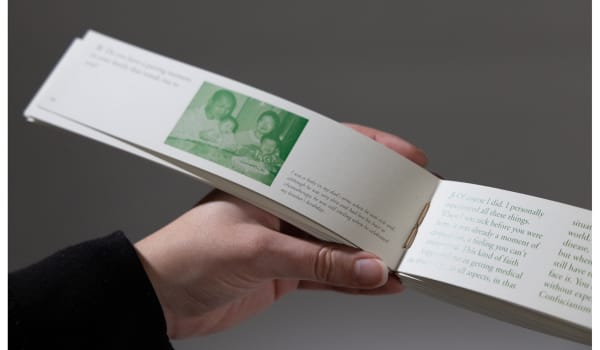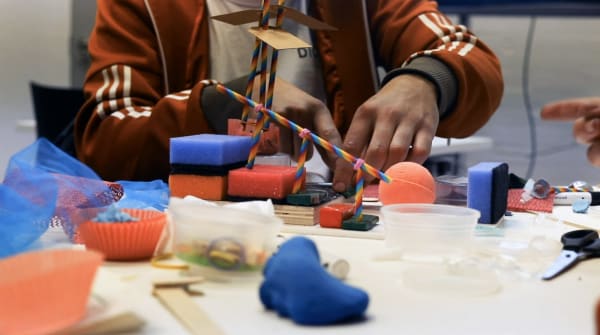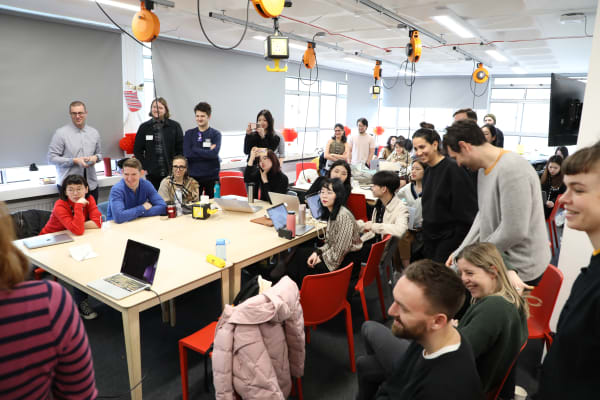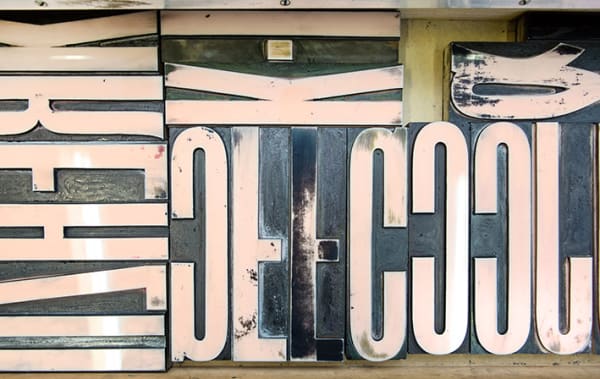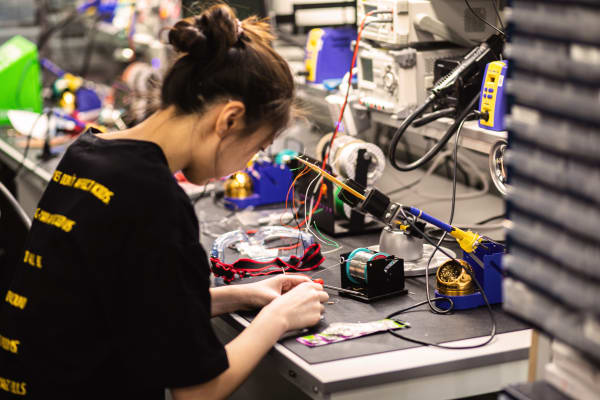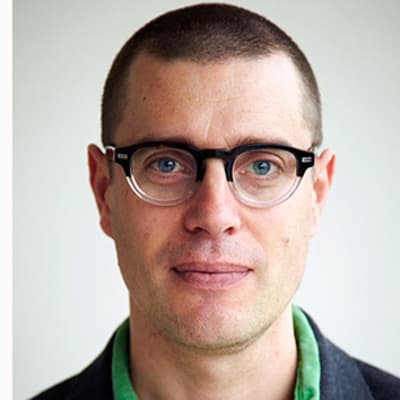Course units
We are committed to ensuring that your skills are set within an ethical framework, and we have worked to embed UAL’s Principles for Climate, Racial and Social Justice Principles into the curriculum and in everything we do.
As part of this initiative, we’ve shaped our courses around social and environmental sustainability principles that ensure learning outcomes reflect the urgent need to equip you with the understanding, skills, and values to foster a more sustainable planet. Our aim is to change the way our students think, and to empower you to work towards a sustainable future.
Autumn, Term 1
UX Studio Practices (40 credits)
This unit aims to provide you with a critical understanding of user experience design in the context of contemporary studio practice.
It will help you position your approach to the subject relative to the current theoretical ideas and working practices of user experience design.
You will also develop a critical awareness of how physical, personal and social contexts shape design processes.
Spring, Term 2
Macro UX (20 credits)
Collaborative Unit (20 credits)
The Macro UX unit involves working with an external partner on live briefs. You can choose to work with industry or third sector organisations around a set of broad themes including; UX for smart city technologies, UX for cultural placemaking, UX for the future of publishing and UX for archives and collections.
The Collaborative Unit is designed to enable you to identify, form and develop collaborative working relationships with a range of potential partners. These could be: postgraduate student colleagues at the college or university level; postgraduate students at other Higher Education Institutions; external parties (e.g. companies, cultural organisations, community-based groups, NGOs, charities etc.)
Summer, Term 3
Micro UX (40 credits)
This unit is intended to allow you to work with a different external organisation, exposing your evolving practice to different views and alternative methods.
Collaborations are organised around broad themes including; UX for health and wellbeing, UX for data visualisation, UX for human-robot relations, and UX for performance and public participation.
You will be expected to initiate and implement a UX design project around two of these themes, drawing on the research journey you devised and the design process you established in Macro UX.
Autumn, Term 4
Final Major Project and Portfolio of Writing (60 credits)
The aims of the Final Major Project and Critical Context Report are to offer you the opportunity to engage in a major research-led project in which the emphasis will be on defining, analysing and developing an individual and focused approach to user experience design.
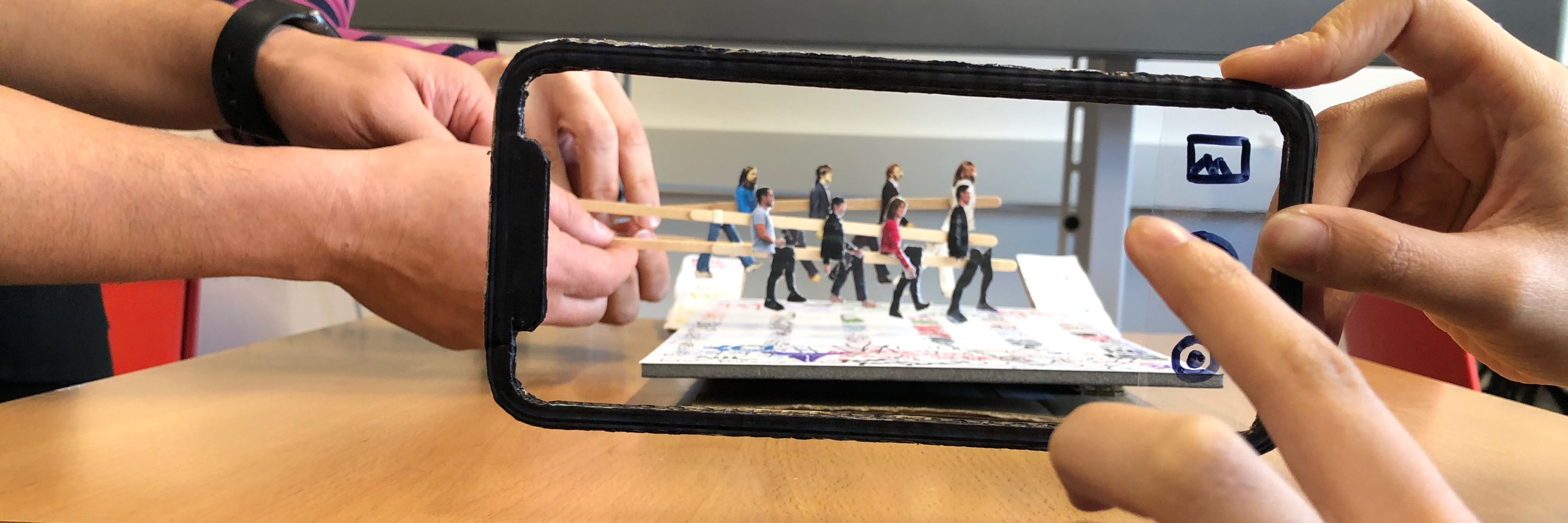

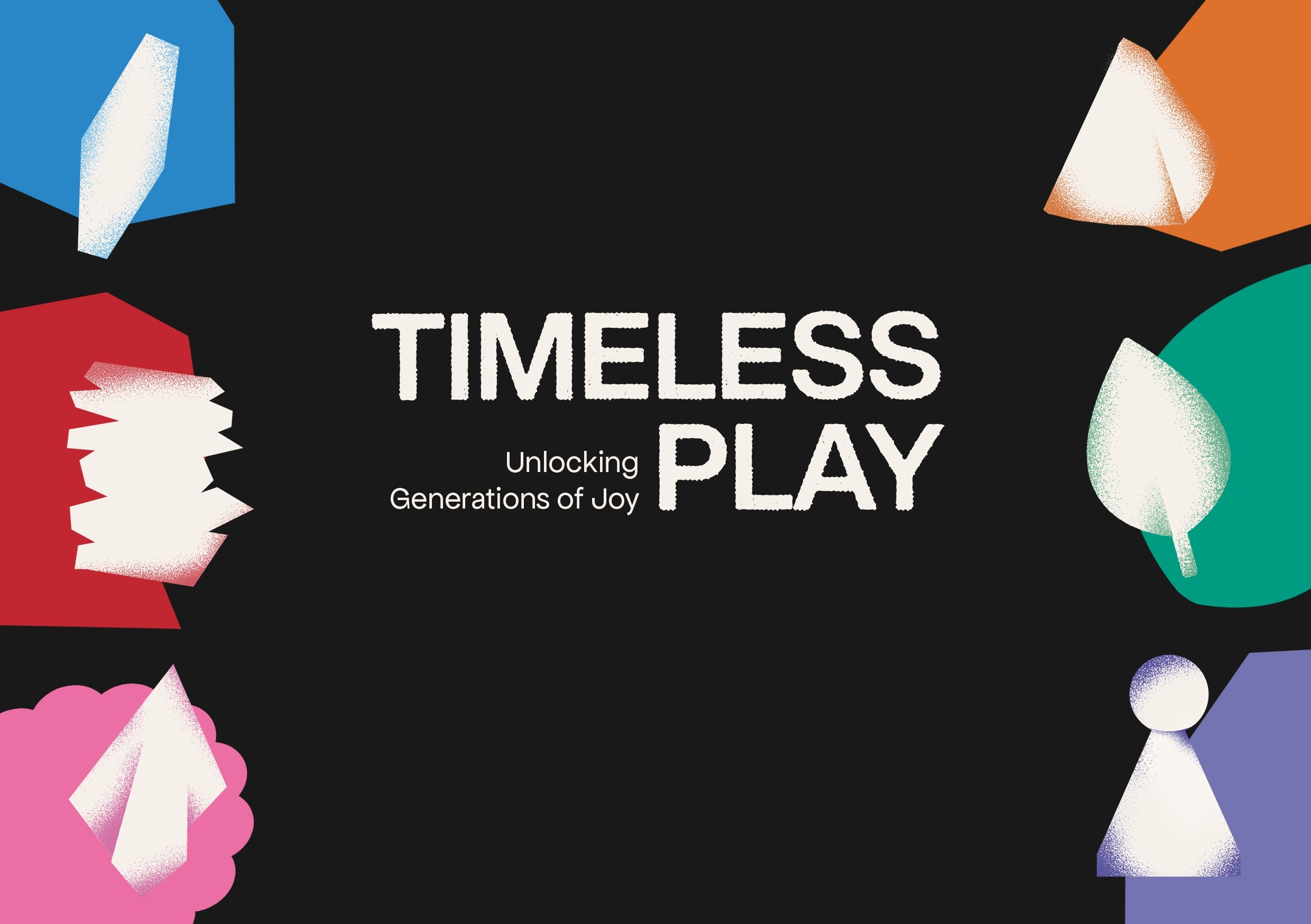
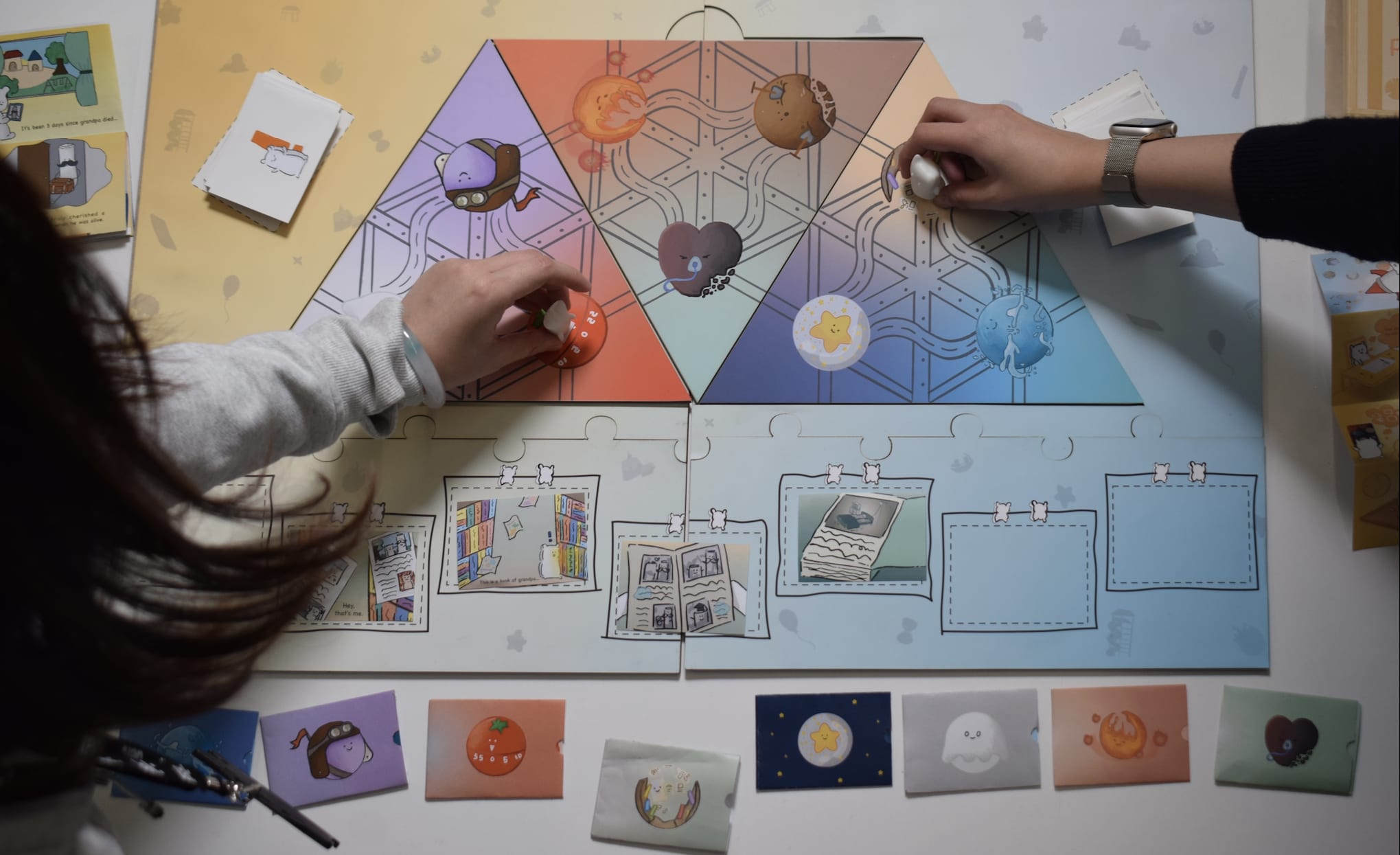
![CIRC[US] - Probe Kit](https://ual-media-res.cloudinary.com/image/fetch/c_fill,f_auto,fl_lossy,g_auto,q_auto/https://portfolio-tools.s3.eu-west-2.amazonaws.com/wp-content/uploads/2023/12/02195920/favourite.jpg)
